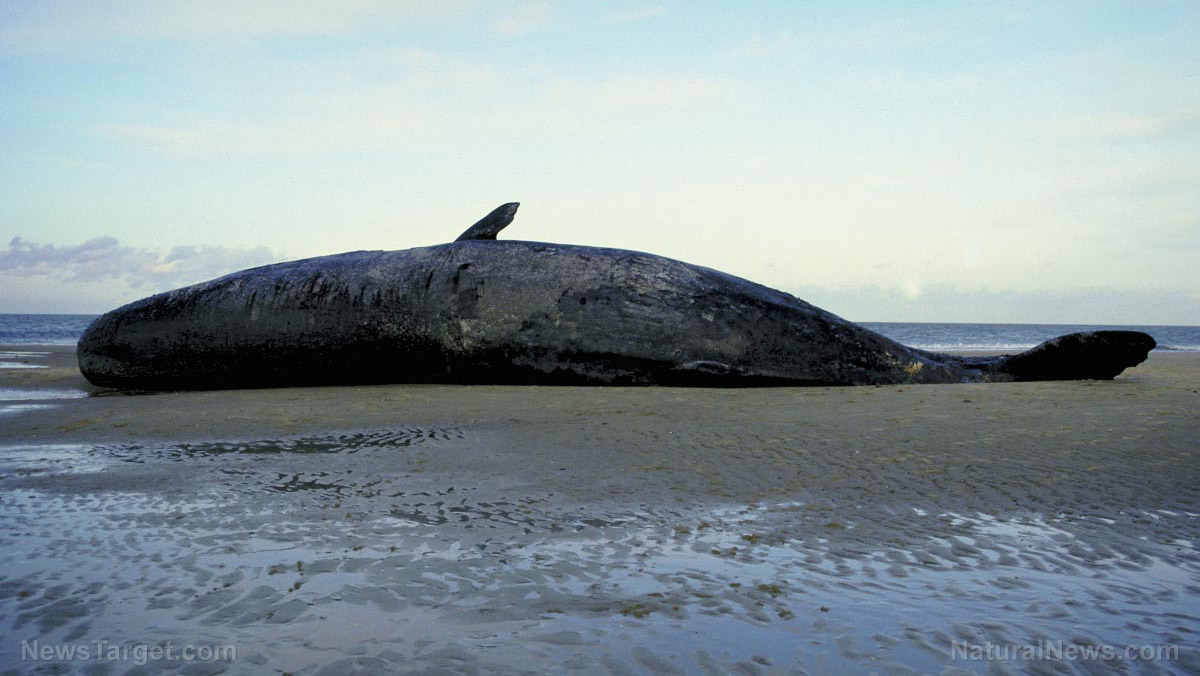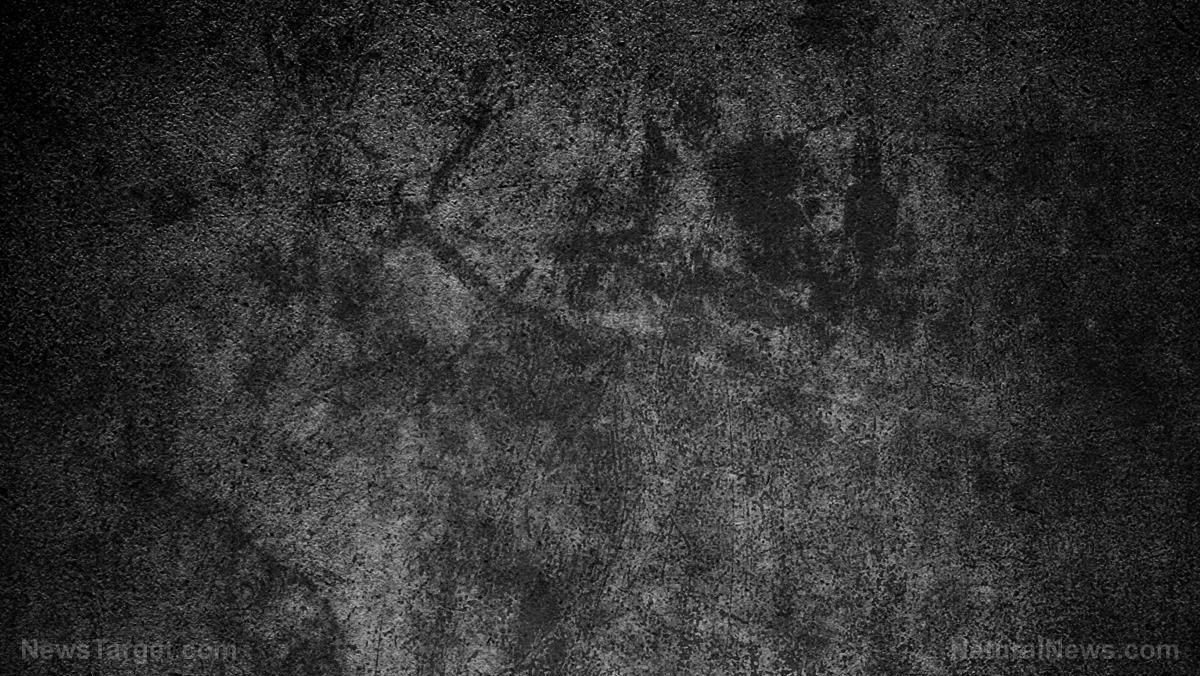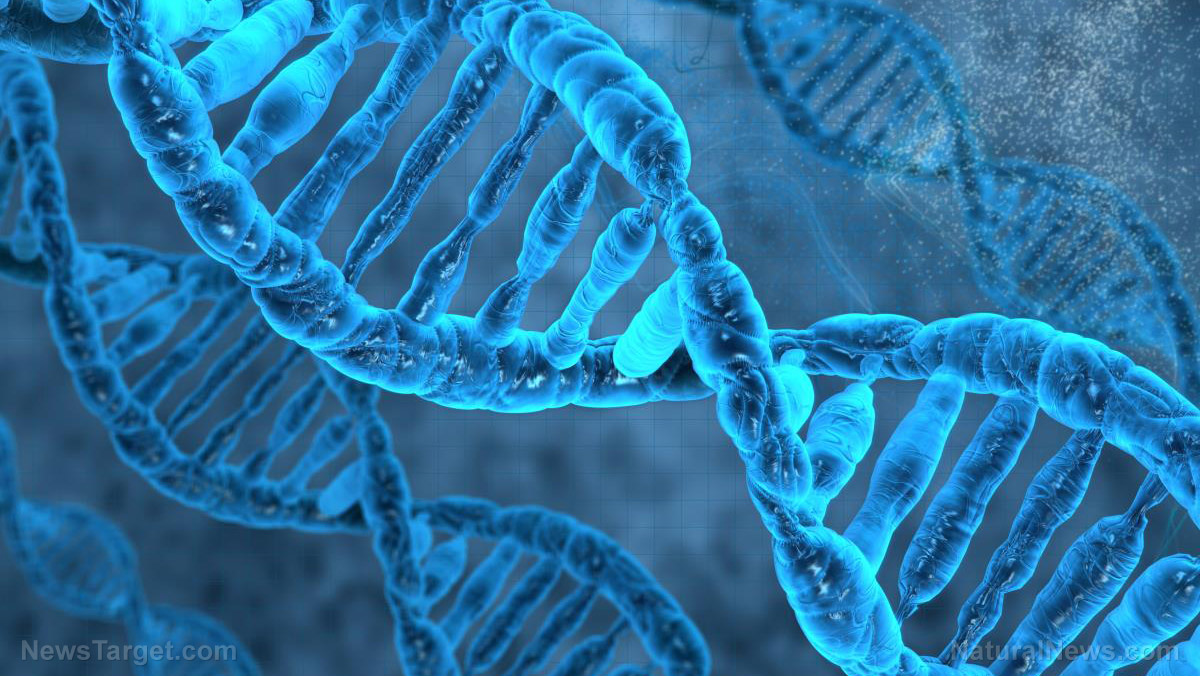Love apple inhibits proliferation of osteosarcoma cells
04/29/2019 / By Evangelyn Rodriguez

In this study, researchers from Nanjing University in China evaluated the potential anti-osteosarcoma effects of Paris polyphylla (love apple) ethanol extracts (PPEE) and investigated the underlying mechanisms. The results of their study, which detailed the anticancer activity of PPEE, were published in The American Journal of Chinese Medicine.
- P. polyphylla is a medicinal herb used in traditional Chinese medicine as an antipyretic and a detoxifying agent. It has been applied extensively in cancer treatments for thousands of years.
- The researchers tested the antiproliferation activity of PPEE on 143B, MG-63, U-2 OS, and hFOB1.19 cells using MTT assay.
- They confirmed the pro-apoptotic and cell cycle effects of PPEE using Hoechst 33342 staining and flow cytometry.
- They used Transwell and 3d culture assays together with wound healing to investigate the anti-migratory, anti-invasive, and anti-vasculogenic mimicry (VM) effects of PPEE.
- They also used a mouse xenograft model to determine the anti-osteosarcoma efficacy of PPEE in vivo. They assessed its toxicity using hematologic profiles and evaluation of hepatorenal functions.
- PPEE suppressed the proliferation of 143B, MG-63, and U2-OS cells but showed little cytotoxicity against normal osteoblastic cells.
- PPEE promoted apoptosis in 143B cells via caspase activation, increased Bax/Bcl-2 ratio, and PARP cleavage.
- PPEE induced G2/M phase arrest associated with elevated phosphorylation of CDK1, Cdc25C, Chk2, and the down-regulation of cyclin B1, CDK1, Cdc25C expression.
- PPEE inhibited 143B cell migration, invasion, and VM formation at noncytotoxic concentrations by decreasing the expression of FAK, Mig-7, MMP2, and MMP9.
- Daily oral administration of PPEE for four weeks showed potent antitumor and anti-VM activity in 143B xenograft models with low toxicity.
Based on these results, the researchers concluded that PPEE possesses anti-VM and anti-osteosarcoma activity in vitro and in vivo, making it a potential candidate for osteosarcoma treatment.
Journal Reference:
Yao N, Ren K, Wang Y, Jin Q, Lu X, Lu Y, Jiang C, Zhang D, Lu J, Wang C, et al. PARIS POLYPHYLLA SUPPRESSES PROLIFERATION AND VASCULOGENIC MIMICRY OF HUMAN OSTEOSARCOMA CELLS AND INHIBITS TUMOR GROWTH IN VIVO. The American Journal of Chinese Medicine. 2017;45(03):575–598. DOI: 10.1142/s0192415x17500343
Tagged Under: alternative medicine, anti-osteosarcoma, antipyretic, bone cancer, bone health, cancer cures, disease treatments, herbal medicine, love apple, natural cures, natural medicine, osteosarcoma, Paris polyphylla, prevention, remedies, research, TCM, traditional Chinese medicine



















